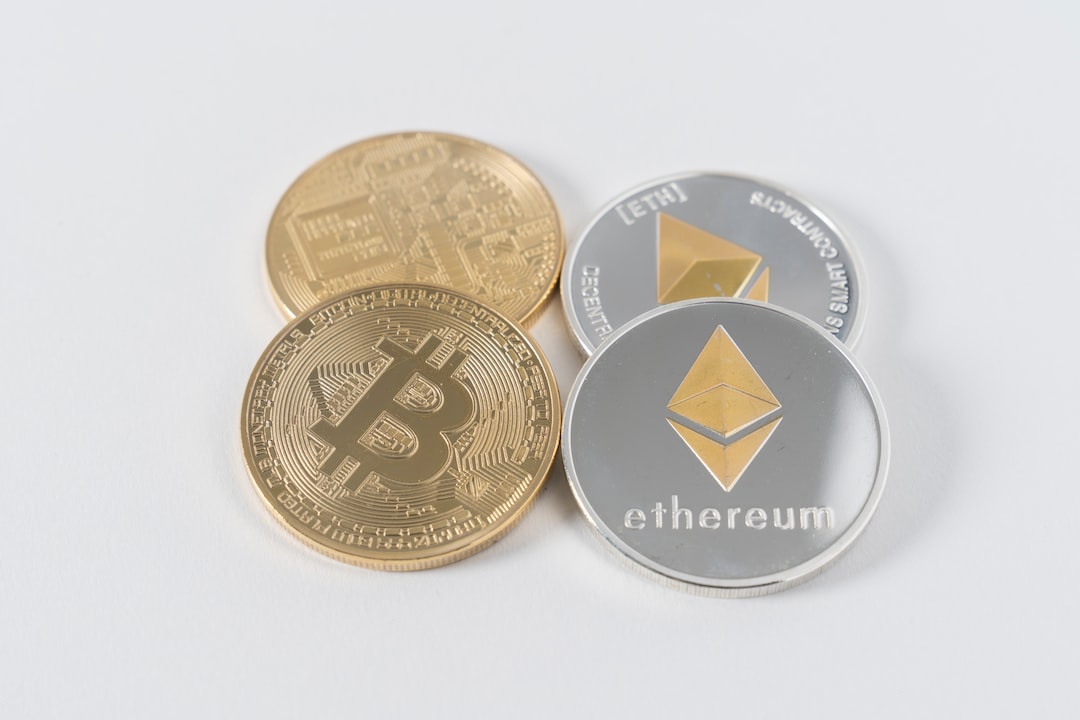Innovation Stifled by Resistance
The United States is falling behind in the world of digital assets due to its cautious and resistant approach. This hesitation is not just due to policy inertia, but reflects a deeper resistance to emerging technologies. The establishment views these technologies as a threat and is reluctant to disrupt the traditional banking system that they favor. This cautious approach is hindering progress and innovation in the sector, which has the potential to redefine global finance.
Obstructing Progress
Massachusetts Senator Elizabeth Warren and SEC Chairman Gary Gensler are key figures in this resistance. Their regulatory measures and skepticism are obstructing the advancement of digital assets. This approach not only sets the U.S. back in comparison to other countries, but also drives companies and talent to seek more favorable environments.
A Missed Opportunity
Warren and Gensler’s heavy-handed regulatory efforts are stifling the very innovation that could make the U.S. a leader in the digital finance revolution. Their approach is impractical and impedes progress. In contrast, leaders like Robert F. Kennedy Jr., Vivek Ramaswamy, and Dean Phillips understand the potential of these technologies and support their development.
The Importance of Discourse
The engagement of leaders like Vivek and Dean at the Crypto Presidential Forum highlights the importance of informed discourse on digital assets. Unlike Warren and Gensler, these leaders embrace technological innovation and recognize the opportunity it presents. Adapting law and policy to support innovation is crucial.
An Urgent Need for Change
Billionaire investor Chamath Palihapitiya emphasizes the urgency for the U.S. to reassess its approach. He believes that mainstream adoption of Bitcoin is the most important trend in 2024. With the potential approval of a Bitcoin ETF, the U.S. stands at a crucial moment. If it fails to act, it risks missing out on a transformative opportunity in the world of finance.
Seizing the Opportunity
The U.S. has a choice to make. It can either continue with over-cautious regulation and potentially miss out on significant opportunities, or it can pivot and embrace these new technologies. Adapted regulation can foster innovation while protecting consumers. The U.S. should take advantage of the promise of a digital finance revolution and embrace the opportunities that digital assets offer.
Hot Take: The U.S. Must Embrace Digital Assets
In the rapidly evolving world of digital assets, the United States seems to be cautiously lagging behind, while other nations sprint ahead. This hesitance is not just a matter of policy inertia but reflects a deeper resistance. The establishment often views these emerging technologies as a threat, reluctant to disrupt the status quo that favors traditional banking allies. This cautious approach, bordering on stifling, impedes progress and innovation in a sector that could redefine global finance.





 By
By
 By
By


 By
By
 By
By